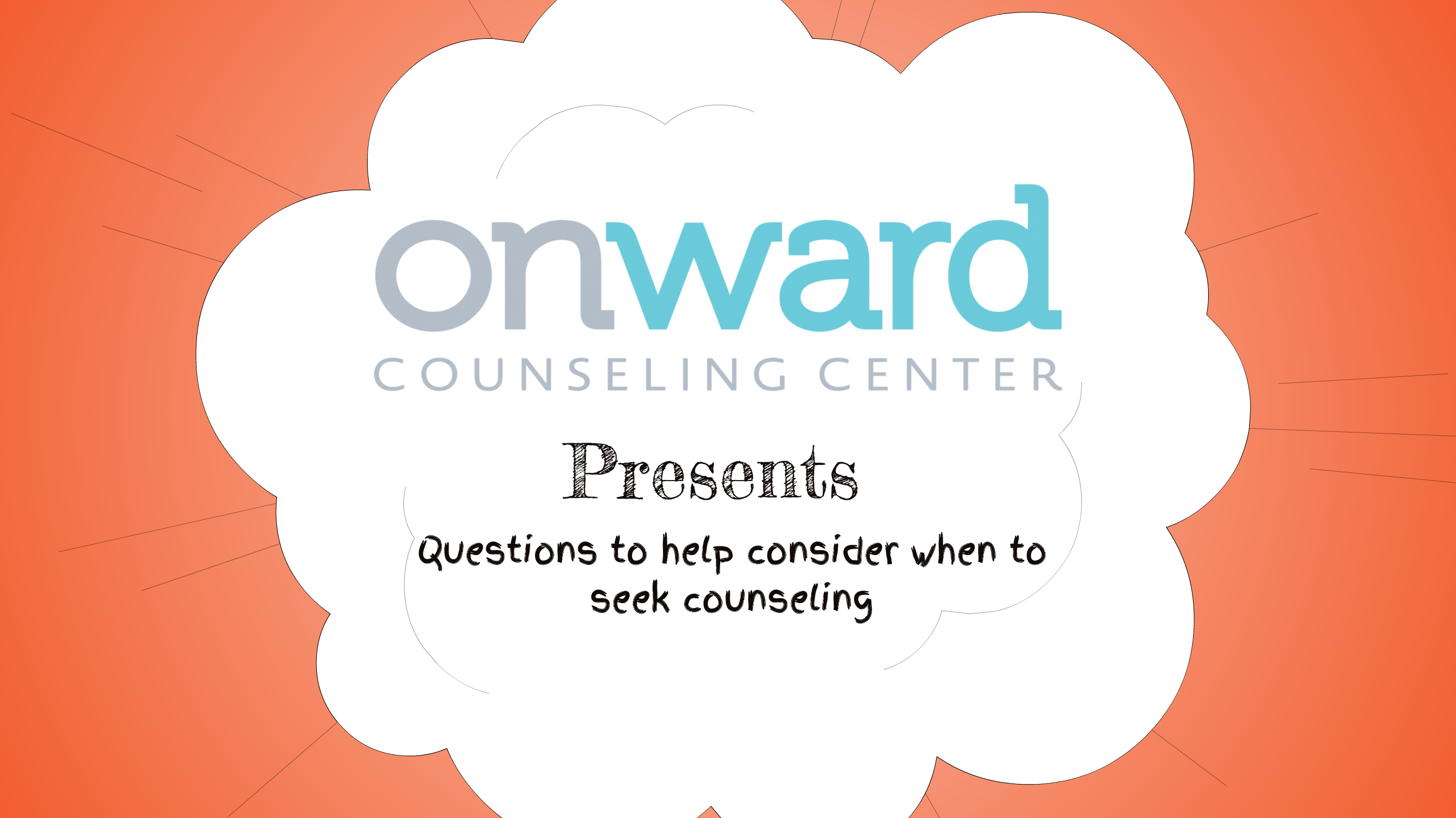
The decision to seek counseling is one that is typically does not have clear boundaries and is often accompanied, for most, with a lot of “wait and see.” There are many reasons as to why this may occur, today we will focus on one of the more common. Every individual has their own level of emotional pain tolerance, just as with physical pain, each person has their own way of determining when the pain is too much and something must be done about it. Unfortunately, with emotional and behavioral difficulties people tend to wait far too long to to find assistance and typically seek counseling when they have reached a point of crisis. To illustrate, imagine cutting your finger in the kitchen while slicing a tomato, enough to where you may need stitches. You can see that there is a problem, a bleeding finger which may need something more than a band-aid. Instead of going to the hospital you decide to wait, weeks. With the time passed the wound has become infected and is now at the point of crisis. This example, while extreme, is very common with mental health services. Below we have provided some general guidelines for seeking services which may help you, or others, decide to seek counseling prior to reaching a crisis.
- Is the problem interfering with your ability to do the things you usually do (or preventing you from doing things you may want to be doing)?
- Example: I can no longer get out of bed to do the things I want because I am too tired and feel physically drained.
- How long has the issue been going on (the longer it has been going on, the more likely it may be helpful to seek counseling).
- Example: I relocated to a new town a three months ago and I am still having a difficult time adjusting to my new surroundings.
- How intense is the issue?
- Example: The issue is very difficult to think about and makes me bothers me a lot each time it crosses my mind so I to avoid it at all costs.
- How often does it come up?
- Example: I keep thinking about the thing that bothers me most of the day pretty much every day!
- Is the issue affecting different areas of your life (emotionally, work/school, social).
- Example: My grades have slipped from where they usually are and I no longer hang out with my friends.
- Note: Whenever thoughts of hurting yourself or others are involved it is best to immediately seek assistance rather than wait to see if there is a change!
The questions above are meant to assist individuals with considering whether or not counseling may be beneficial. There are no doubt many more issues and concerns that may go into choosing to participate in counseling, and this is by no means the end all be all list for deciding. If you are still in doubt, it is always best to call and ask for a consultation to see if counseling might be something that could help you what whatever is going on. If you have questions or are interested in seeking counseling schedule an appointment online via the portal or call Onward at 847-924-0261.
Ronald Bristow
Licensed Clinical Professional Counselor
